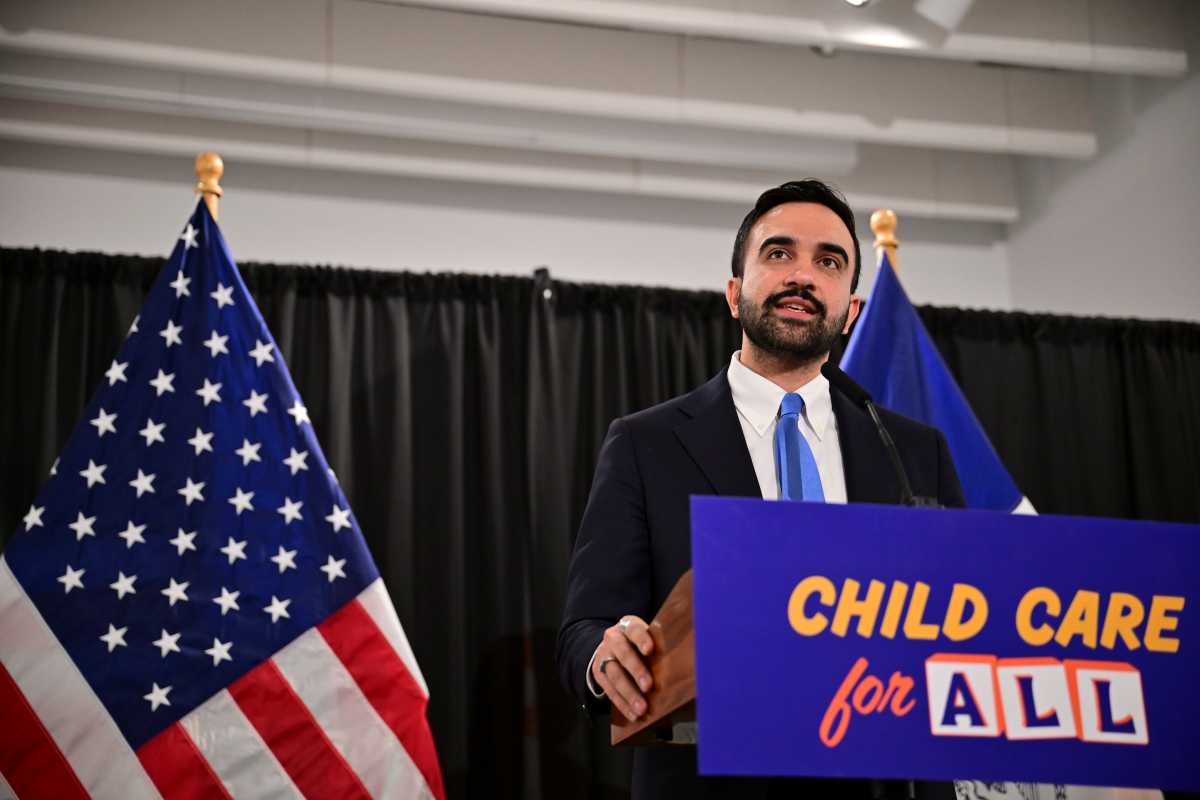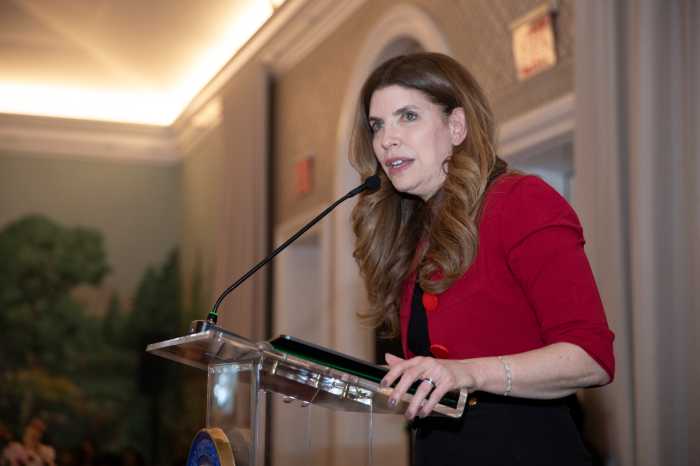When New York State approved a new immigration enforcement program on May 10, there was no public outcry like in Arizona because N.Y.’s decision was kept secret, immigrant rights groups said.
“In a way, it’s worse,” said Elizabeth Wagoner, senior staff attorney at Make the Road New York, based in Jackson Heights. “I don’t think you can compare the two. I think it is worse than the Arizona law.”
Unlike Arizona, N.Y.’s choice didn’t result from a legislative process or debate, Wagoner said. The New York State’s Division of Criminal Justice Services signed a Memorandum of Agreement with the U.S. Department of Homeland Security (DHS) and U.S. Immigration and Customs Enforcement (ICE) that committed New York State to participate in the federal Secure Communities program. As of August, DHS had expanded the Secure Communities initiative from 14 to 544 jurisdictions in a year and a half, and DHS plans to expand the program to every law enforcement jurisdiction in the country by 2013.
“Secure Communities gives ICE the ability to work with our state and local law enforcement partners to identify criminal aliens who are already in their custody, expediting their removal and keeping our communities safer,” said DHS Secretary Janet Napolitano in August.
The program requires police agencies to check the digital fingerprints of all arrested individuals during the booking process against FBI criminal history records and DHS immigration records. Wagoner said immigrant groups are concerned that the program will also target low-level offenders and people who have never been convicted of a crime.
“This is an automated system that sweeps up everybody who gets arrested,” Wagoner said. “We think it was a terrible decision. We are asking the New York State government to repeal it.”
Immigrant rights groups were caught off-guard by N.Y.’s decision to participate in the program which has not yet implemented the program.
Gabriella Villareal, immigration advocacy policy coordinator at New York Immigration Coalition, an umbrella advocacy organization with nearly 200 immigrant member organizations across the state, said federal immigration programs like this one undermine policing by destroying law enforcement agencies’ relationships of trust with immigrant communities.
The concern is that without trust, many immigrant New Yorkers will be less likely to report crimes or cooperate with police as witnesses. That’s why immigrant right groups and civil groups are asking the New York Police Department (NYPD) and local sheriffs in the state to opt out of it.
“There is a concern that police will be seen as immigration enforcement,” Villareal said. “It is a real concern for public safety.”
A spokesperson for Mayor Michael Bloomberg said because Secure Communities is a state program, the city doesn’t have anything to do with it. But an NYPD spokesperson said their policy is not to inquire about the immigration status of crime victims, witnesses, or others who call the police seeking assistance.
“It is incumbent upon the NYPD to maintain the trust and confidence of all who depend on the services of the police department for their safety,” said Detective Cheryl Crispin, an NYPD spokesperson.
So far, Secure Communities has identified more than 262,900 illegal immigrants in jails and prisons that had been charged with or convicted of criminal offenses, and removed from the United States over 34,600 convicted undocumented criminals, according to DHS.
“The reality is that 79 percent of people deported are not criminals or were picked up for minor defenses like traffic stops,” Wagner said.
For more information about Secure Communities, visit: www.ice.gov/secure_communities.
For a copy of the agreement signed between ICE and NYS, visit:
https://www.ice.gov/doclib/foia/secure_communities-moa/r_new_york.pdf.






























